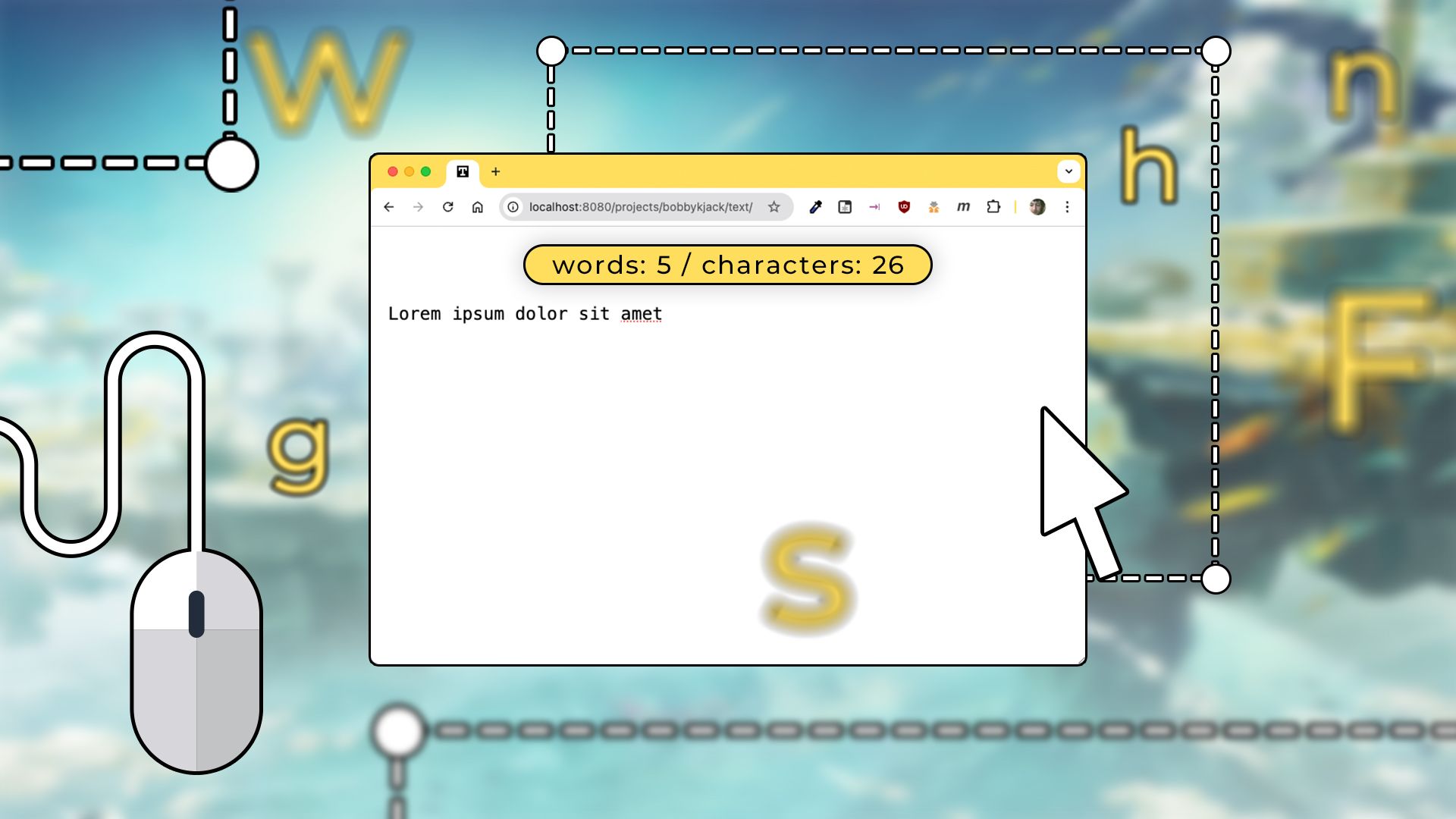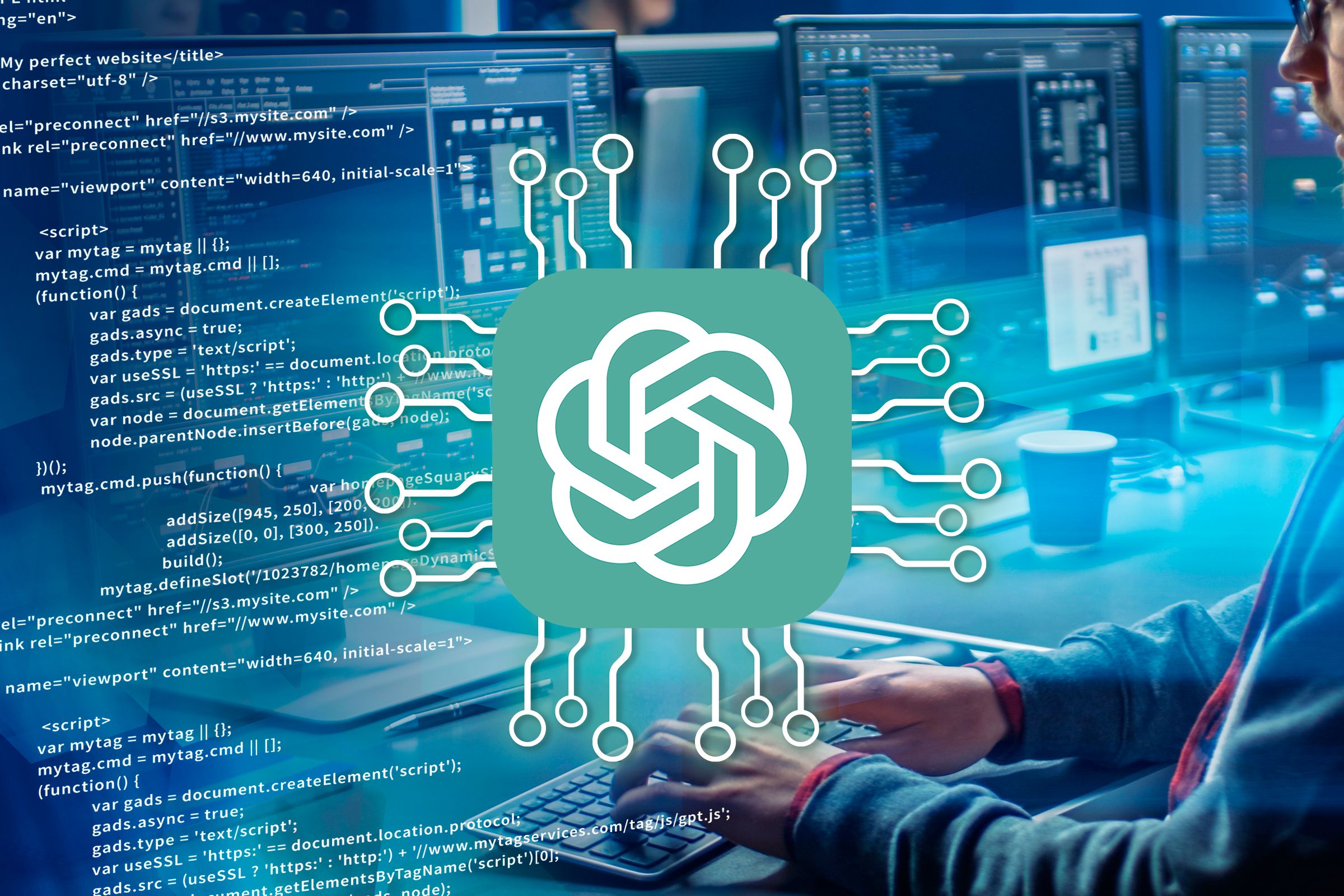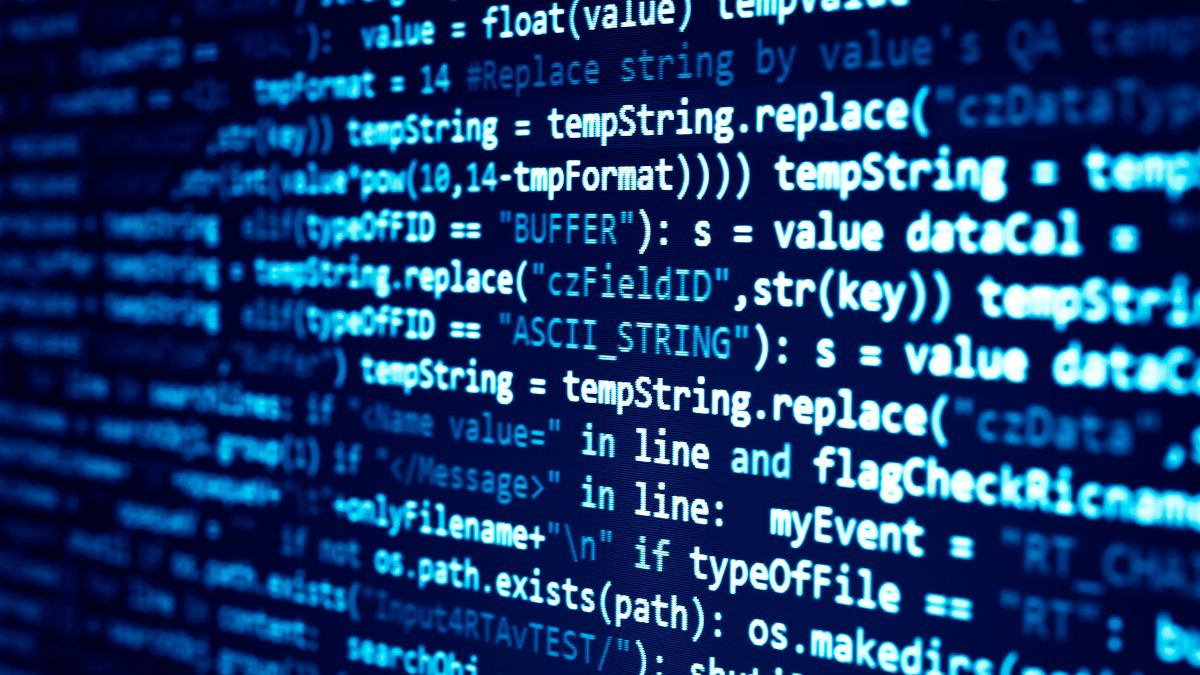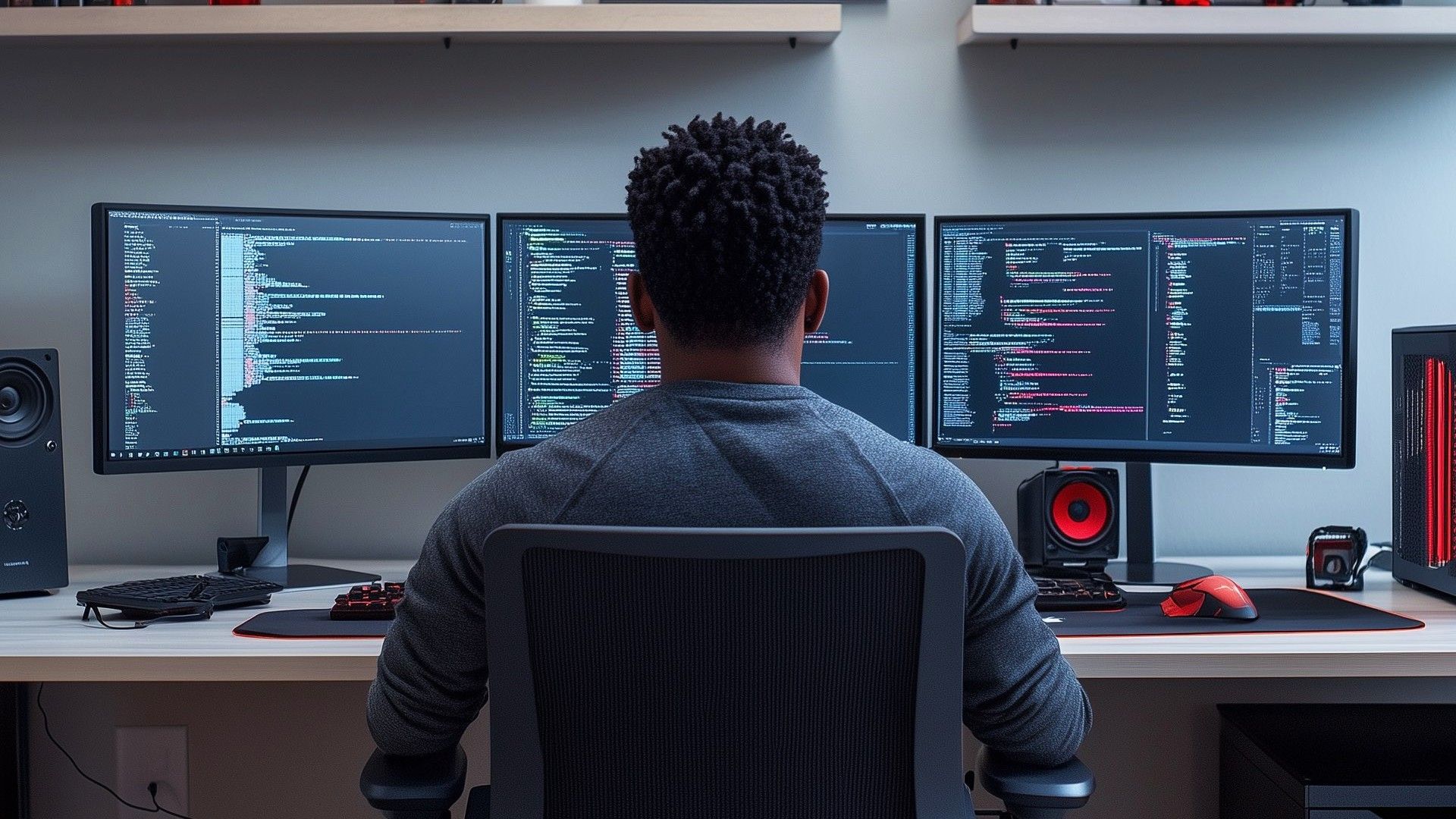Vibe coding is the trend now, with many people claiming you don’t need to learn to code anymore because of it. But I’m going the other way, and I’ll share with you why.
The Hype of Vibe Coding
Every day I log into Reddit, I come across at least a few posts about people vibe coding their first app. The same goes for other social platforms. There’s no doubt that vibe coding is attracting more and more non-coders to creating software.
Think about a few years ago when LLMs weren’t so popular. If you were interested in programming or wanted to create an application? You had to commit to a long journey of learning how to code. Depending on your ability, it could be expensive both time-wise and money-wise. Many great ideas never saw the light just because the ideator didn’t know how to code and couldn’t hire developers.
With vibe coding, that scene has changed forever. From prototyping weekend pet projects to building semi-professional-grade software, AI can often do it if you’re able to guide it properly. The bar for making software has lowered compared to just a few years ago.
You don’t need to understand any code, let alone write any. You don’t need to know anything that’s happening behind the scenes. No need to learn complex algorithms. Who wouldn’t want that? But, is it really that easy? Can you vibe code anything without knowing how to code? Not quite. That’s why I’m not ready to give in to vibe coding yet.
The Best Vibe Coders Are Just Coders
While AI tools can churn out code from a simple prompt, vibe coding isn’t here to replace traditional coding. It’s more like a trusty sidekick. Skilled programmers get this. They don’t see AI as a rival but as a powerful tool in their toolkit. For them, vibe coding is a collaborative task. They lead with their coding know-how, and AI follows, speeding up the process. That’s why the best vibe coders are often just coders. Folks who know the ropes and use their skills to make AI shine.
If you’ve ever tried vibe coding without coding experience, you might’ve hit a wall when the AI spat out something that looked good but didn’t work. Maybe the webpage loaded fine but crashed on mobile, or the script ran into an endless loop. Coders have a superpower here: they can spot the problem. Knowing the basics lets them peek under the hood of AI-generated code and pinpoint where it’s gone wrong.
Instead of vaguely asking the AI to “fix the problem,” they can say, “Hey, you forgot to handle null values in this function,” and done, the AI delivers a better fix. It’s like giving clear directions to a friend instead of hoping they guess the way.
This precision carries over to guiding the AI from the start. Coders know how to craft prompts that steer AI toward the right approach. For example, a non-coder might say, “Build me a login page,” and get a clunky, insecure result. A coder, though, might say, “Create a login page with HTML, CSS, and JavaScript, using bcrypt for password hashing and CSRF protection.” That’s the difference between a rough draft and a polished product.

Related
Build Your First Web App: A Simple Notes App & Word Counter
It’s easy to develop for the web, for free.
It’s not just about fixing bugs or writing prompts. Coders bring a mindset that vibe coding alone can’t replicate. They know when to pivot from AI’s suggestions to a more efficient solution, like swapping a bloated library for a lightweight one. They understand the trade-offs of different programming approaches, like prioritizing speed over memory use for a real-time app. This intuition, built from hands-on coding, makes their vibe coding sessions more effective and their projects more robust.
Your Coding Skill Still Matters
I’ve done my part in vibe coding. Back when I was a freshman at university, we were tasked with making a final project. ChatGPT was still quite new on the scene then. It wasn’t so powerful in coding as it is now, either. Vibe coding wasn’t even a term back then. My friend and I decided to make a simple banking system in Java.
We knew the basics of programming and some Java. But we weren’t good enough to create a working banking system. What did we do? We tried to make the whole thing using ChatGPT. As you’d expect, we encountered many pitfalls. The AI-generated code had several errors we had to debug, bad practices we had to fix, and wrong approaches we had to amend. Although we planned to vibe code the whole thing (despite the term not existing then) we failed to do that.

Related
I Tried Using Vibe Coding to Create My Own Productivity App
Is it possible to create a working app without writing a single line of code?
The reason I shared this story is to remind you that coding skills aren’t going away anytime soon. I see countless social media posts by newcomers who are interested in programming asking if it’s worth learning to code now. My answer? Absolutely.
A programmer is not someone who just writes code. A programmer, in essence, is a problem-solver. To be more specific, they solve problems in the most efficient way. After many iterations, AI tools have become much better than they were. However, they still haven’t reached a human engineer’s thinking level and don’t have the same knowledge to implement a perfect solution.
That’s why I’ve decided to continue my coding journey. In fact, I’m even more motivated now than before. With AI tools, I can make my learning easier and more fun. I can also use it as a helping hand when coding. On the scale of “I don’t want to use AI tools at all” to “I’ll blindly trust AI’s code”, I’ve chosen the middle ground. That is, to use AI tools to my advantage, boost my productivity, and solidify my coding skills.
The last thing you’d want is to create a product and end up being like this guy.
The Future of AI-Assisted Programming
With so many LLM models, AI agents, and whatnot tools, the programming paradigm is surely evolving fast, like always. However, AI isn’t going to replace programmers anytime soon. It has certainly changed, though, how we learn programming, write code, implement solutions, and create software.
Many companies are moving to AI-assisted programming. I recently saw a technical recruiter saying that vibe coding is now part of the skill test when hiring programmers. Recruiters are interested in seeing how software engineers use AI tools to come up with system architecture, how they’re prompting to make their ideas come to life, and how they’re dealing with errors generated from AI code.
The truth is that, when used by the right person, AI tools can 10x your productivity. So, just like vibe coding can’t result in human-engineered software, you, as a programmer, should learn to adapt to the new AI coding methodology. In the long run, it’s becoming like a necessity. No reason to lag behind when you can have a junior developer by your side for pair programming.
With all these vibe coders around you, now’s the best time to focus on your coding skills to differentiate yourself. Vibe coding might be suited for a few fun side projects. But I can say from my experience that, if you want to become a true programmer, there’s no alternative to getting your hands dirty.

Related
Interested in Coding? Here’s a Beginner’s Guide to Picking a Programming Language
Which programming language is the best for a beginner coder?




